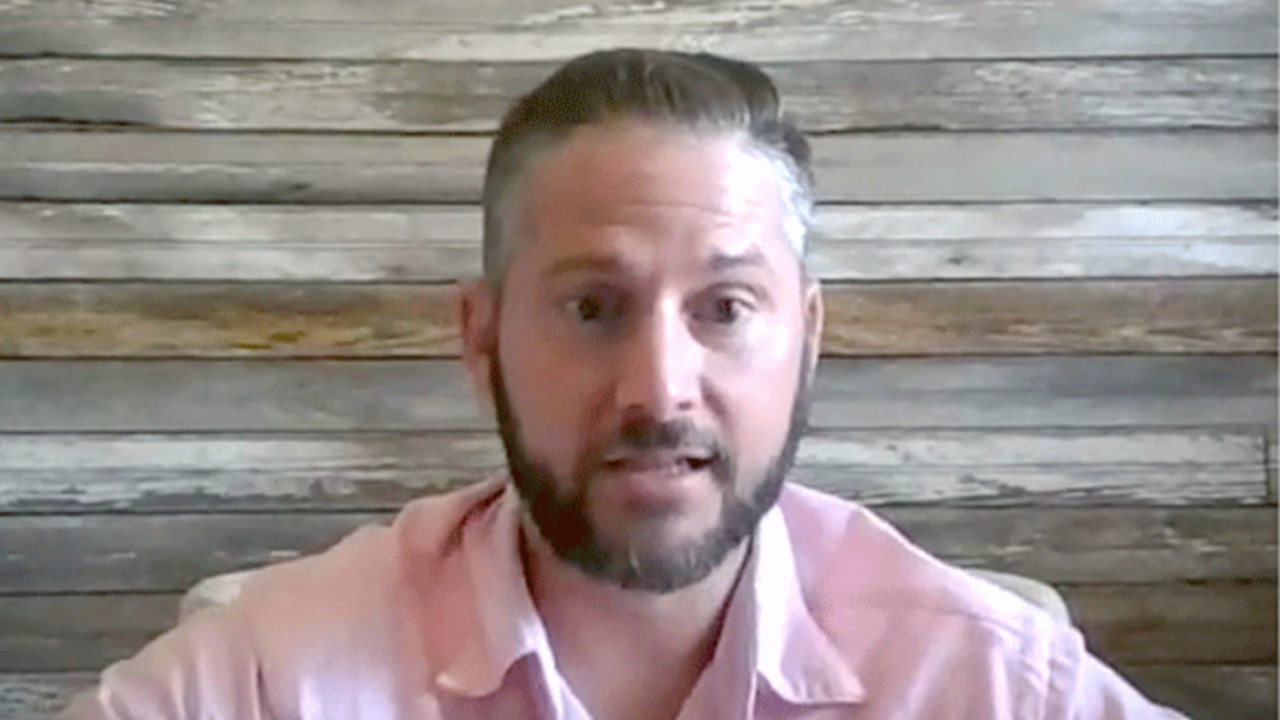
Signs and Symptoms
What to watch for
When HCM symptoms first appear, you may think that you’re just “getting older” or that you’re “out of shape.” While the best thing to do is talk to your doctor, it’s helpful to learn what symptoms to watch for, how HCM could affect you, and what you can do.

What are HCM signs and symptoms?

HCM can sometimes be described as a “hidden disease” because people who have it may not always have symptoms. And when HCM symptoms do appear, they may be difficult for doctors to recognize because they are similar to other health conditions such as asthma, anxiety, hypertension, or coronary artery disease.
Even though HCM can be difficult to pin down, there are common symptoms.
If you’re experiencing any of the following symptoms, it’s important to seek medical attention and talk to your doctor.

Shortness of breath

Rapid heartbeat

Chest pain

Dizziness

Unexplained tiredness

Fainting
While there are common symptoms to watch for, it’s important to understand that these symptoms may be signs of other conditions and only your doctor can determine if you have HCM or another condition.
Also, HCM affects people in different ways. For some people, symptoms come and go, and for others, symptoms can persist for a long time. Still, others may not experience symptoms right away, yet the disease may continue to progress.

“I was having dizzy spells walking up the stairs.
Things started getting worse.“
– Preston
Preston was compensated for his time in the creation of this video.

Hypertrophic cardiomyopathy can start differently for everyone. Watch patients share their unique personal journeys from first symptoms to diagnosis.
Ready to talk with your doctor?

Just answer a few quick questions to get personalized tools to help you discuss your symptoms with your doctor. Click on either link below to get started.
Get HCM tools, tips, and info

Take charge of your healthcare journey by being more informed.
Consider these statistics
Having HCM can take a toll on your physical, emotional, and mental well-being.
HCM can have a serious health impact
Complications of HCM can include heart failure, atrial fibrillation (AFib), stroke, and rarely, sudden cardiac death.
In a study of 480 people with HCM, it was shown that those people were 6 times more likely to develop AFib, a condition where the heart beats irregularly. Having both conditions (HCM and AFib) made them 8 times more likely to have a stroke.*
People with HCM were up to 6x more likely to develop AFib*
Ischemic strokes were 8x more frequent in people with AFib*
Even though sudden cardiac death (SCD) from HCM is rare, the risk of death is still substantially higher for both younger people (ages 20-29) and older people (ages 50-69) who have HCM compared to the general population.†‡
In fact, HCM is the most common cause of SCD in young people and athletes under the age of 35.
*Based on a community-based population study of 480 patients, AFib occurred in 22% of patients. Stroke occurred in 21% of patients with HCM and AFib.
†Data from the SHaRe registry (Sarcomeric Human Cardiomyopathy Registry) database were compared with the Centers for Disease Control and Prevention WONDER database to estimate US general population mortality rates from 1999 to 2014.
‡Sudden cardiac death occurs in ~1% of patients with HCM annually.
HCM can affect a patient’s overall well-being
HCM can be a debilitating and life-changing disease that reduces physical functioning and overall well-being.
The symptoms of HCM can limit a person’s activity and even keep them from doing simple, everyday tasks. Worsening HCM symptoms may limit people’s physical activities, keep them from everyday tasks, and impact their ability to work. HCM can also affect people mentally and emotionally.
If you’ve noticed your symptoms are impacting your daily activities, it is important to talk to your doctor to get an accurate diagnosis.
How can HCM be managed?

If your doctor diagnoses you with HCM, you should know that there are ways to help manage your condition, such as:

See your doctor regularly. Your doctor can monitor your symptoms, prescribe medications, and recommend therapies.

Ask your doctor about your other treatment options if you are experiencing any new or worsening symptoms.

Get the help and support you need. Ask friends and family to help out when symptoms flare. You may also wish to contact or visit the websites of heart health advocacy organizations. They may be able to direct you to more information about HCM and connect you to patient support groups.

If you have been diagnosed with obstructive HCM and have symptoms, talk to your doctor about a prescription treatment option that may be right for you.